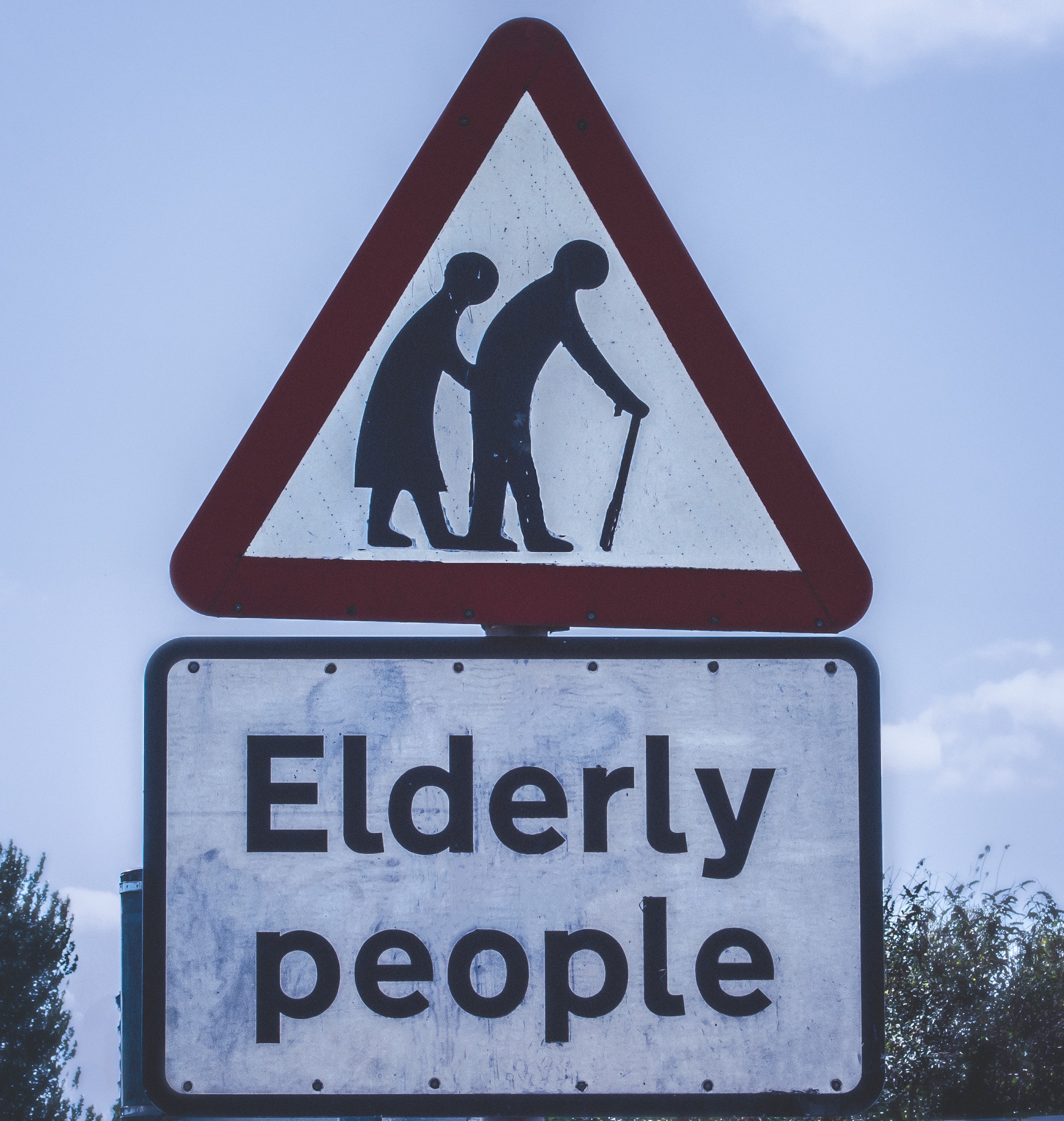COVID-19 as a Call to Responsibility for the Vulnerable
Main Article Content
Abstract
Photo by K. Mitch Hodge on Unsplash
The high COVID-19 death rate among elderly individuals living in nursing homes has been attributed to overworked staff, poor infection control, limited resources, and the transfer of infected individuals into long-term care facilities. While these circumstances have certainly contributed to the problem, we should view them as symptoms—rather than root causes—of a deeper, more significant ethical problem: our tendency to shun responsibility for the weakest and most vulnerable individuals among us.
As a former nursing home and hospice aide, I acknowledge the intensely unnerving nature of human suffering, especially when it afflicts the elderly and dying. Spending hours caring for patients who are unable to move their limbs, control their bowel functions, or breathe without the assistance of morphine is difficult for even the most compassionate and generous caregivers.
Frailty and dependency are challenging phenomena to encounter, and thus it is unsurprising that we treat the process of aging and eventually dying as an awkward, shameful appendix to the busy, productive, and efficient years which constitute our “real lives.” Though any of us might be diagnosed with incurable, stage four cancer tomorrow, or suddenly become the victim of a severe car accident, we collectively prefer to ignore our mortality. When it finally and unavoidably stares us in the face, we pray it passes as rapidly, painlessly, and privately as possible to minimize its inconveniences and undignified details.
Avoiding death is easier than facing it head on; outsourcing care is more comfortable than providing it within the context of our own families and communities; and, it is more convenient to offer cheap, expedient methods of care rather than work towards high-quality compassion. Our hesitance to encounter intense suffering and the raw realities of death have caused us to place a low priority on caring for our elderly population. When I worked as a nursing assistant long before the pandemic, this was painfully obvious to me: I was offered more overtime than I could possibly accept, worked with staff poorly trained in infection control, accepted the frequent staff turnover as normal, and often left completely exhausted. Some nights, after an especially intense shift, I sat in the parking lot and cried, both for my lonely, frustrated patients, and for my own inability to remedy suffering which could have been avoided.
It is true that the elderly often require lower levels of care, yet it is an illusion to believe this justifies providing low-quality care. A nursing home is no ICU: bathing and dressing replace intubations and intensive monitoring. End-of-life care is composed of a thousand basic tasks which demand relatively minimal amounts of medical skill. Nevertheless, these patients are no less worthy of care than someone undergoing more intensive treatment, nor is their multifaceted humanity as physical, emotional, and spiritual beings any less complex. If anything, addressing the innumerable dimensions of human wellness is more difficult and more important as death approaches than at any other point in the human lifespan.
Old age inevitably brings a unique set of challenges and dying is always difficult. How our society approaches the responsibility of caring for the elderly and dying, however, reveals our most fundamental beliefs about what it means to care for the vulnerable. Either we will continue to perceive this obligation as nothing more than an endless string of mundane tasks which fall outside the serious consideration of public health policy, or we will view it as a profound opportunity to accompany our fellow human beings during some of the most important days of their lives. The consequences of our choice are not merely death or life. Though we certainly must avoid causing the premature death of others, the primary goal is not indefinite life expansion. Instead, what is ultimately at stake is whether we will craft a society which views everyone as equal members who are worthy of dignified support regardless of age, ability, or any other characteristic.
The COVID-19 tragedy sweeping through nursing homes not only requires the prompt action of public health officials, but also demands that we as a society open our eyes to a hidden, underlying tragedy: these inequities that plague our approach to caring for the vulnerable lead us to treat the elderly with mediocrity and neglect rather than integrity and good medicine. The process of growing old and facing death does not need to be a depersonalized, undignified experience. Instead, it can be full of joy, community, and deep bonds of friendship, though this manner of caring for our elders will be difficult at times. This is to be expected—building a just, compassionate, and authentic human society is never an easy task. It will challenge us to not only wear masks and stay home, but also to undertake the difficult tasks of re-evaluating our most fundamental beliefs about what it means to care for those who need us the most and remedying our failure to do so.

